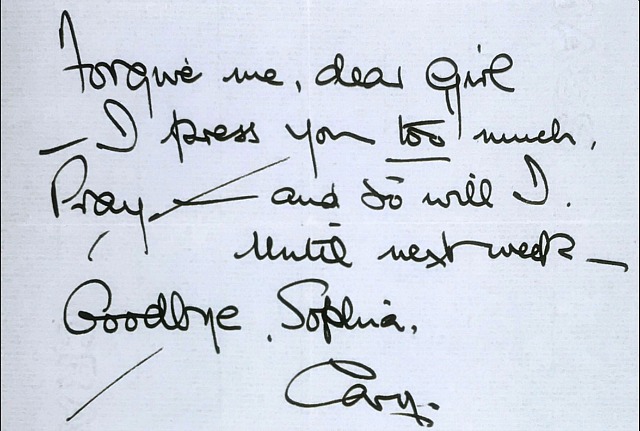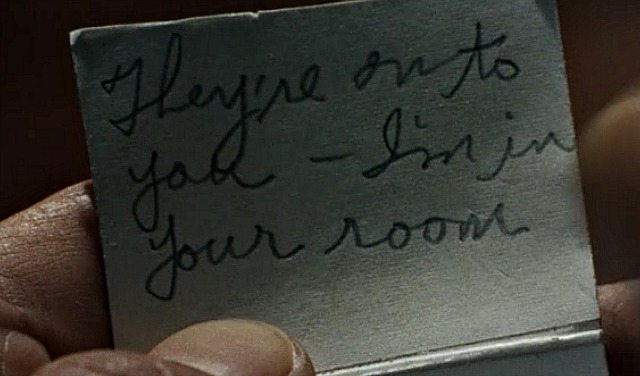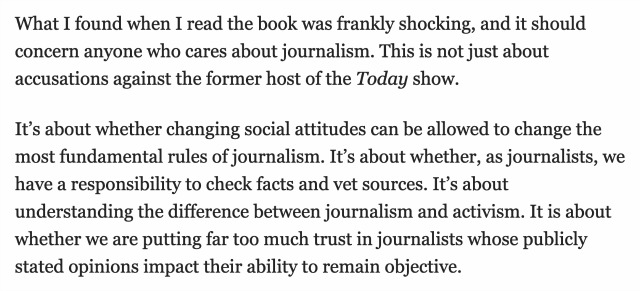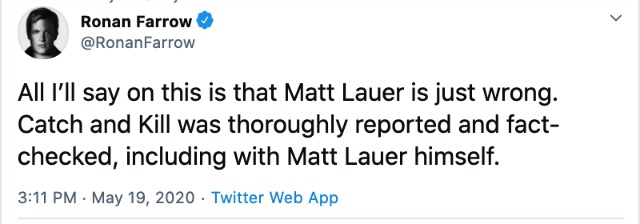When a baseball game is delayed due to weather, the implication is that ticket holders should hang around as the wait will be relatively brief. But if a game is postponed, it means collect your stuff and head for the parking lot. Delay and postpone are technically synonymous, but the former means a presumably brief stall while a postponement sounds like someone has either thrown in the towel or is seriously thinking about it. Hence the title of this post.
HE to Academy: In this, the spring of our solitude and COVID discontent, the coming Oscar season is something we really need to celebrate and put our hearts into, now more than any other time in the Academy’s 93-year history. Especially with things starting to open up a bit and with the recent ruling that streaming-only films are Oscar-eligible.
We all need to adapt and stand up and gather round and support each other as best we can under the circumstances. It is our absolute responsibility to the industry and to ourselves to celebrate and champion and promote the hell out of the best movies being released by whatever means, now and forever, under any circumstances but especially in this, our time of industry need.
I am saying this because of a completely unacceptable Variety story by Marc Malkin that claims that “the Academy of Motion Picture Arts and Sciences is considering postponing the big night, according to multiple sources.”
Postponed until when? Delaying for a couple months, maybe, but otherwise no, no, no, no…NO! That is totally out of the question.
Malkin: “The sources, who spoke on the condition of anonymity, say definitive plans are far from being concrete at this juncture. The telecast is currently set for Feb. 28, 2021, on ABC.
“’It’s likely they’ll be postponed,’ one of the sources familiar with the matter told Variety.”
Malkin: “However, that person cautioned that the details, including potential new dates, have not been fully discussed or formally proposed yet. Another source says the date is currently unchanged at ABC.
“When new temporary rule changes for Oscar eligibility were announced in April because of COVID-19, Academy president David Rubin told Variety it was too soon to know how the 2021 Oscar telecast could change in the wake of the pandemic.
“’It’s impossible to know what the landscape will be,’ he said. ‘We know we want to celebrate film but we do not know exactly what form it will take.'”
HE to Academy: If and when COVID seriously inferferes until, say, mid-fall, one option would be to extend the 2020 Academy year until 1.31.21 or even 2.28.21. And then hold the Oscars in April, like they used to do in the early ’60s. Just this one year.
Malkin: “It’s unclear if postponing the Oscars will also mean that the Academy will allow films released after the year-end deadline to qualify for the 2021 Oscars.”
Read more








